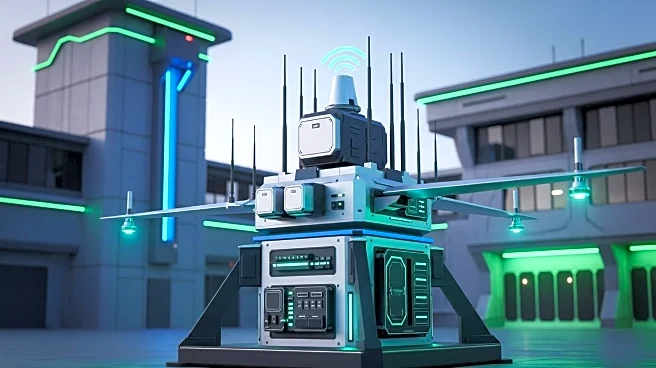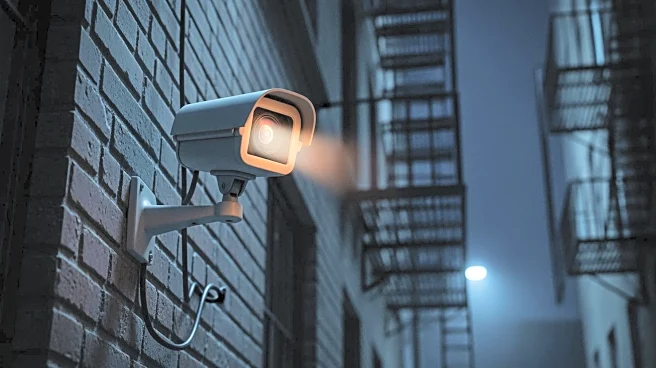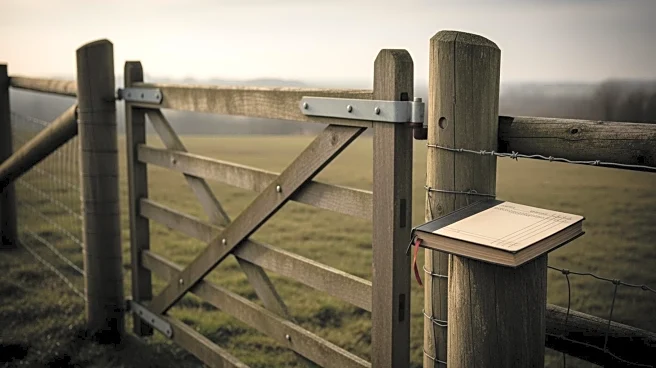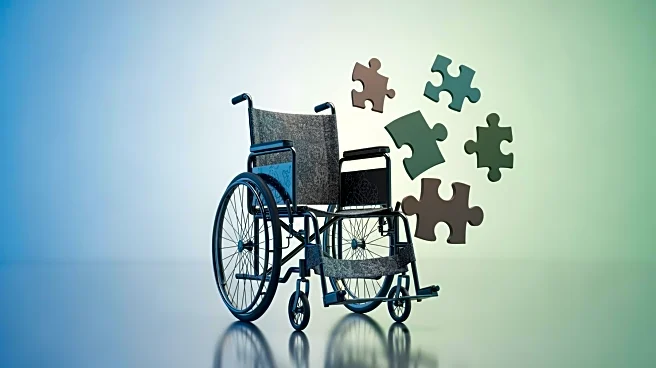What's Happening?
Taiwanese defense technology company July Hurricane has unveiled new vehicle-mounted counter-unmanned aerial vehicle (C-UAV) jamming stations at the Taipei Aerospace & Defense Technology Exhibition 2025. The firm showcased two versions: an omnidirectional jamming station and a rotating directional jamming station. These platforms are currently in service with the Republic of China Armed Forces and local police. The omnidirectional station features a radar dome, electro-optical sensor suite, and jamming panels, with a range of 5 km. The system uses UAV electromagnetic signals for detection and identification, providing visual confirmation before activating jamming panels.
Why It's Important?
The development of advanced C-UAV jamming stations by July Hurricane represents a significant advancement in Taiwan's defense capabilities, particularly in countering drone threats. As UAVs become increasingly prevalent in military and civilian applications, the ability to effectively neutralize potential threats is crucial for national security. This technology could enhance Taiwan's defense posture amid regional tensions, providing a strategic advantage in safeguarding airspace. The deployment of such systems may also influence defense procurement strategies and collaborations with international partners seeking similar capabilities.
What's Next?
The introduction of these jamming stations may lead to increased interest from other countries in acquiring similar technologies, potentially boosting Taiwan's defense exports. As UAV threats continue to evolve, July Hurricane may focus on further refining and expanding its product offerings to address emerging challenges. Additionally, the integration of these systems into broader defense strategies could prompt discussions on international cooperation and standardization of counter-drone measures.
Beyond the Headlines
The ethical considerations surrounding the use of jamming technology, particularly in civilian areas, highlight the need for clear regulations and guidelines to prevent unintended disruptions. As counter-drone technologies advance, balancing security needs with privacy concerns will be essential to ensure responsible deployment. The development of these systems also underscores the importance of innovation in defense technology, driving research and development efforts to address future threats.








